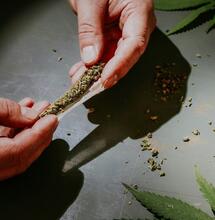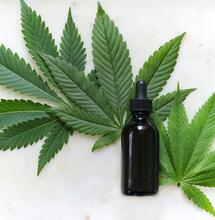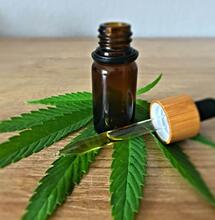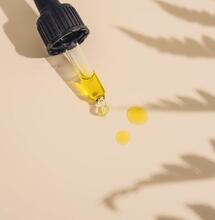Can Cannabis Help for MS and ALS?
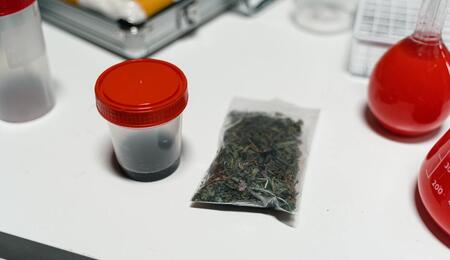
There has been more research on the effects of cannabis on multiple sclerosis (MS) than ALS. A number of studies confirm that cannabis can treat spasticity in people living with MS. This indicates that cannabis may also help with spasticity in people with ALS.
Cannabis and Multiple Sclerosis
Several studies have assessed whether cannabis can be a suitable therapy for those with MS. The results of these studies often vary. Even among participants in the same study group, there always is a range of responses to cannabis treatments.
However, from all the available evidence, researchers and patients agree that cannabis can help with pain and spasticity relief in patients with MS. The effects of cannabis on other symptoms that present with a multiple sclerosis diagnosis remain an unknown and require more research.
Muscle spasticity
Muscle spasticity is one of the most commonly experienced symptoms among people with multiple sclerosis. Around 90% of patients struggle with this presentation of the disease. Edible cannabis products and oral sprays like Nabiximols can help reduce muscle stiffness. An important notion here is that cannabis cannot stop spasticity at the biological level. Weed only helps it be more bearable.
Neuropathic pain
As MS progresses, it causes significant damage to the nervous system, and patients may experience neuropathic pain. Cannabis is found to help ease this type of pain in people with multiple sclerosis as well as it can help with pain coming from stiff muscles.
Bladder problems
Patients with MS can also experience urinary problems like frequent need to use the bathroom and, in some cases, incontinence (losing control over the urge to urinate). Nabiximols can help with overactive bladder, however it's ineffective when the issue is incontinence.
What Are the Cannabis Treatment Options for MS?
Several therapies have been explored with MS, including smoking or vaporizing (inhalation), edibles, mouth sprays and topicals.
Inhaling therapies are usually avoided for other medical reasons. Edibles or oral cannabis extracts (OCEs) formulations which contain specific concentrations of cannabinoids have been found effective with muscle stiffness and pain.
Nabixomols, a pharmacological solution, is an oral spray containing even amounts of THC and CBD and has been the focus of many MS clinical trials. This is one of the most effective cannabis-based MS medicines, as it helps ease a larger group of symptoms, including muscle stiffness, pain, and bladder problems. In the UK, the same spray is available as Sativex.
Overall, cannabis therapies can help some MS patients experience relief from the most common symptoms. Cannabis can also help improve sleep and reduce fatigue in people with MS. Where cannabis is unlikely to help is in treating tremors and incontinence accompanying MS.

Cannabis and Amyotrophic Lateral Sclerosis (ALS)
Some people with ALS also use cannabis to help treat specific symptoms. While more research is to come on the effects of cannabis on people with ALS, one study has found that cannabis can effectively reduce ALS symptoms such as appetite loss, pain, depression, stiffness, and drooling.
Cannabis could also boost the effects of other pain relief medicines some ALS patients might take. However, cannabis does not appear to be efficient in improving speaking and swallowing issues.
Is Cannabis Safe for People with ALS?
Overall, cannabis is safe to use among those with ALS. Smoking cannabis should be avoided as breathing problems can sometimes accompany ALS. Smokeless ways of consumption, such as vaporizing or edibles and oils, are the better and safer options.
If you have been diagnosed with ALS, discuss your cannabis use with your doctor. If you decide to use cannabis, make your primary care physician aware that you are trying out cannabis. Cannabis could interact with other medicines not always in good ways and that's why it's important to consult with a medical professional for this and any other disease.
If you are new to edibles and oils or any other form of cannabis, stick with the rule "go low and go slow." Meaning: start little and see how your body reacts to cannabis.




